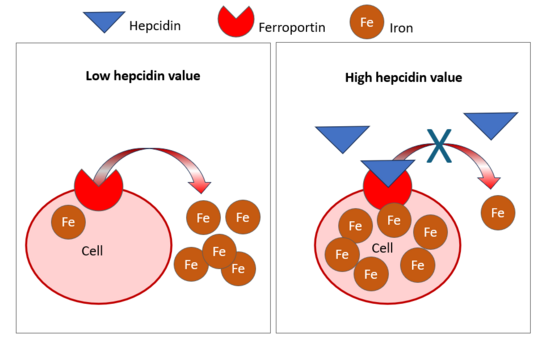Moderate iron supplementation
Little iron, great effect: the benefits of low doses
Iron performs various functions in the human organism. It is particularly important for the transport of oxygen to the cells and for energy metabolism. Women in particular often have an inadequate iron supply due to blood loss during menstruation or certain dietary habits. What does iron supplementation look like?
Iron in your diet
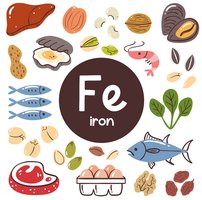
Iron is found in food in two forms. On the one hand as heme iron in animal foods (e.g. red meat, seafood) and on the other hand as non-heme iron in animal and plant foods (e.g. pulses, nuts, cereals). Our body can absorb heme iron better than non-heme iron, as this absorption cannot be inhibited by food components.
What inhibits iron absorption?
Substances found in food such as phytates (e.g. in wholegrain cereals, pulses), polyphenols (e.g. in coffee, tea) or calcium (e.g. in dairy products) can impair the absorption of non-haem iron by forming insoluble complexes with iron, which the body has difficulty absorbing.
Options for oral iron intake
- High doses: high-dose iron supplements can be used to quickly remedy a proven pronounced iron deficiency, for example in the case of very low ferritin levels.
- Moderate doses: Moderate-dose iron supplements can be used if ferritin levels are scarce or the deficiency is mild.
- Low doses: low-dose iron supplements can be taken as a supplement to the diet. For example, to prevent a deficiency in a vegetarian or vegan diet. Or as a supplement to a multivitamin-mineral preparation.
When does it make sense to take iron in the form of food supplements?
If an iron deficiency is detected during a blood test, the iron intake should be supplemented with an iron supplement via the daily diet. Depending on the severity, oral preparations or an iron infusion can be used. A nutritional iron deficiency can be treated well with oral iron supplements. Iron infusions are mainly used in cases of severe deficiency or when the deficiency needs to be corrected quickly, e.g. during pregnancy. Infusions are also used if the iron cannot be absorbed well via the intestine, e.g. in the case of inflammatory gastrointestinal diseases.
How can iron absorption be improved?
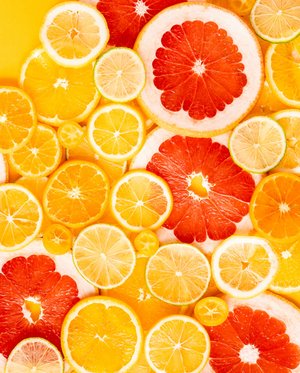
Vitamin C can increase the absorption of non-haem iron in the intestine through various mechanisms: it contributes to an acidic environment, forms soluble complexes with iron and converts the iron into a form that the body can absorb better. This also protects the iron from forming complexes with iron absorption inhibitors. To improve iron absorption, iron-rich plant-based meals or iron supplements should be taken together with foods with a high vitamin C content. These include berries, oranges, peppers, kiwi and broccoli.
Better absorption
At lower doses, the body can absorb a higher percentage of iron via the intestine than at higher doses, which leads to less unabsorbed iron in the intestinal tract.
The importance of hepcidin for the iron balance in the body
The protein hepcidin is mainly produced in the liver and regulates the absorption, distribution and storage of iron in the body. When iron levels are high, more hepcidin is released, which means that less iron is released from the intestine into the blood. The same happens when high doses of iron (> 55 mg) are taken. As a result, the hepcidin level is also increased over 24 hours and further iron doses are absorbed only with difficulty. For this reason, higher-dose iron supplements should only be taken every other day to ensure better absorption and fewer side effects. This hepcidin effect does not occur with low or moderate-dose preparations.
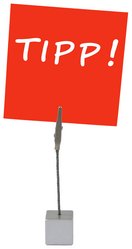
Tips for a good iron status in everyday life
- Groups at risk of iron deficiency (e.g. pre-menopausal women, pregnant women, vegans/vegetarians) should have their iron status checked regularly
- Take iron supplements in the morning if possible.
- Take iron supplements together with vitamin C for improved absorption, for example with a glass of orange juice or a kiwi.
- Take a break between drinking coffee and taking the iron supplement, as polyphenols in coffee inhibit iron absorption.
- Not only iron is important for blood formation, but also vitamin B12, copper and folic acid.
Burgerstein supports with...
-
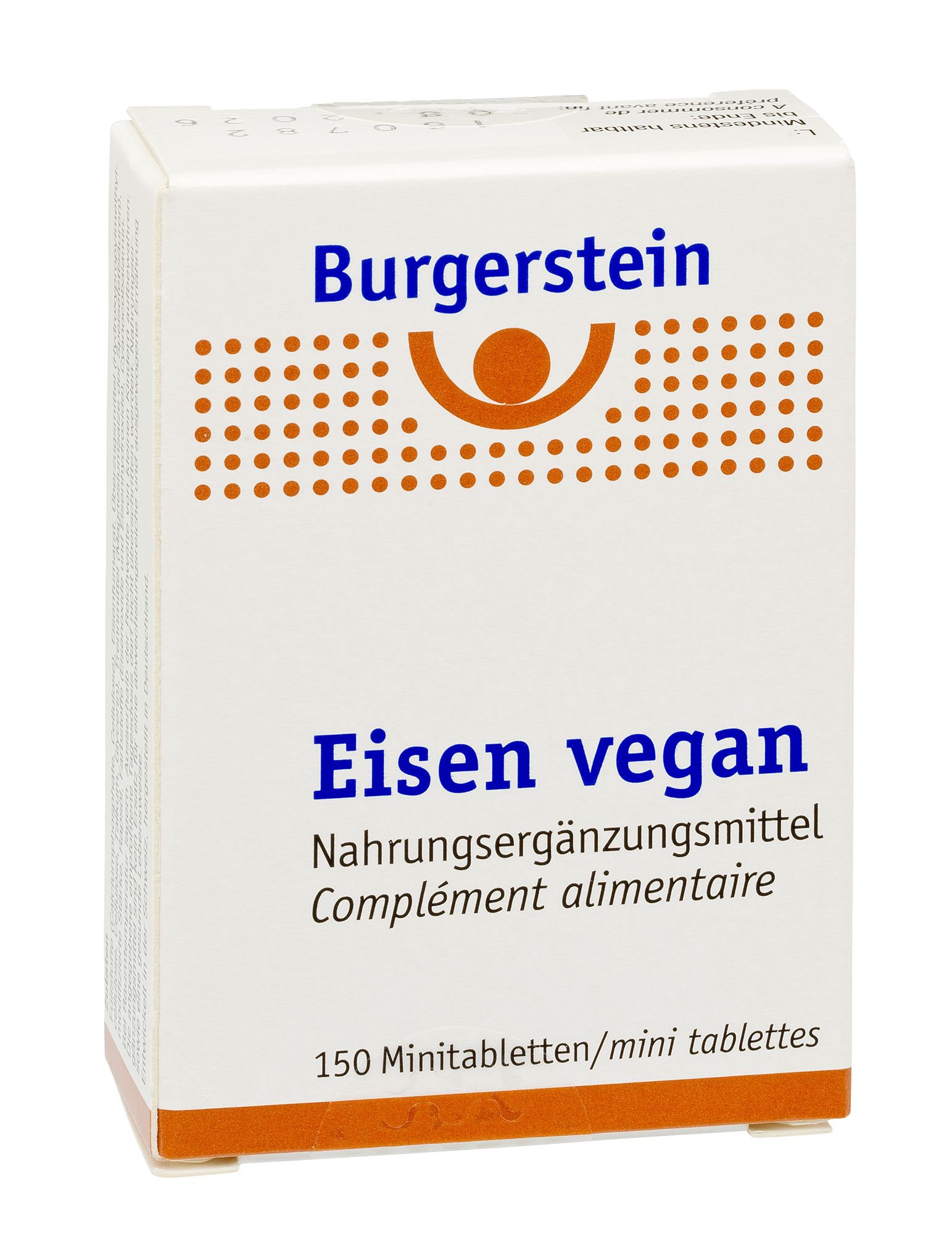
Eisen vegan
check product -
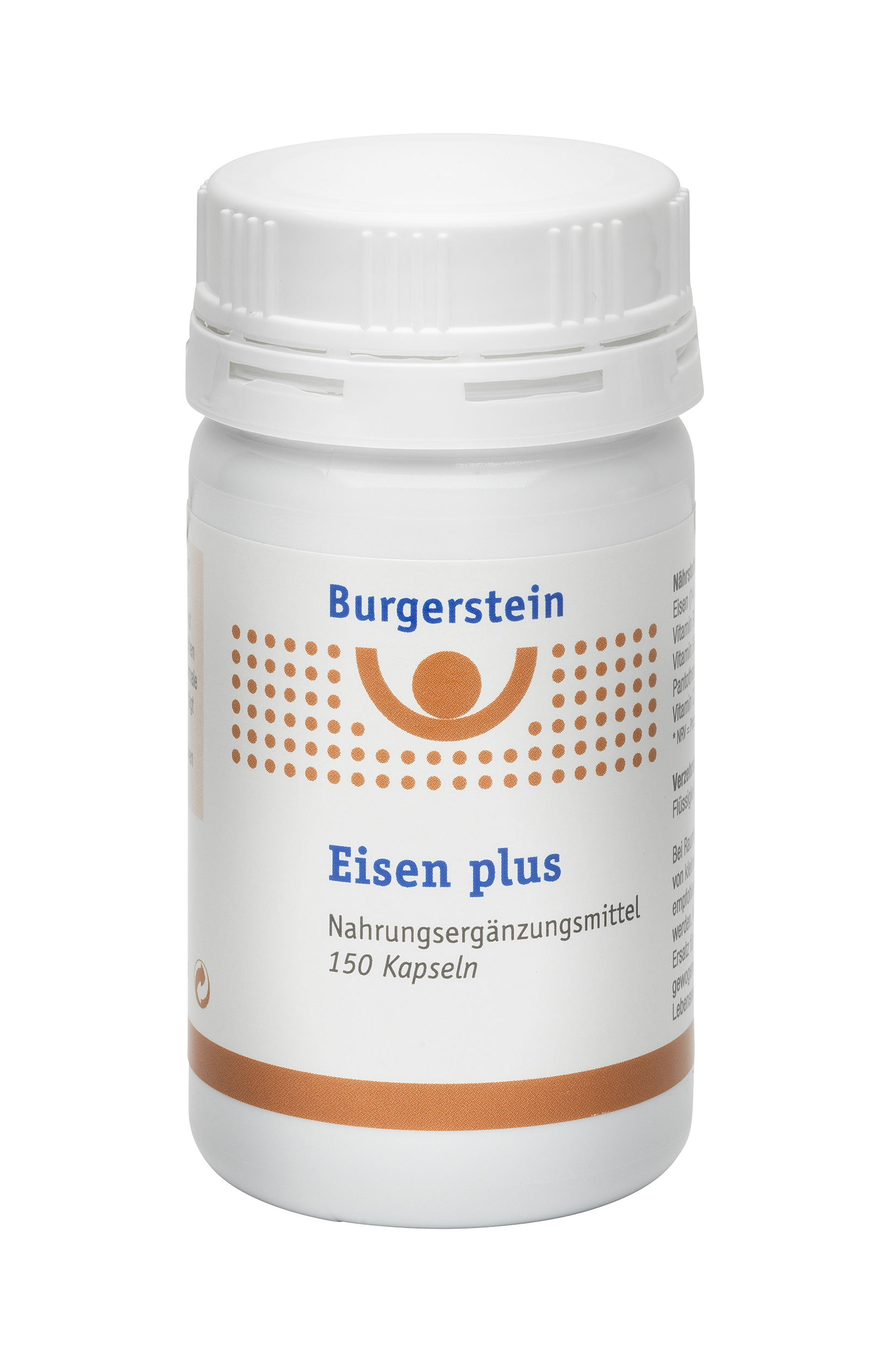
Eisen plus
check product -

Schwangerschaft & Stillzeit
check product -

Sport
check product -
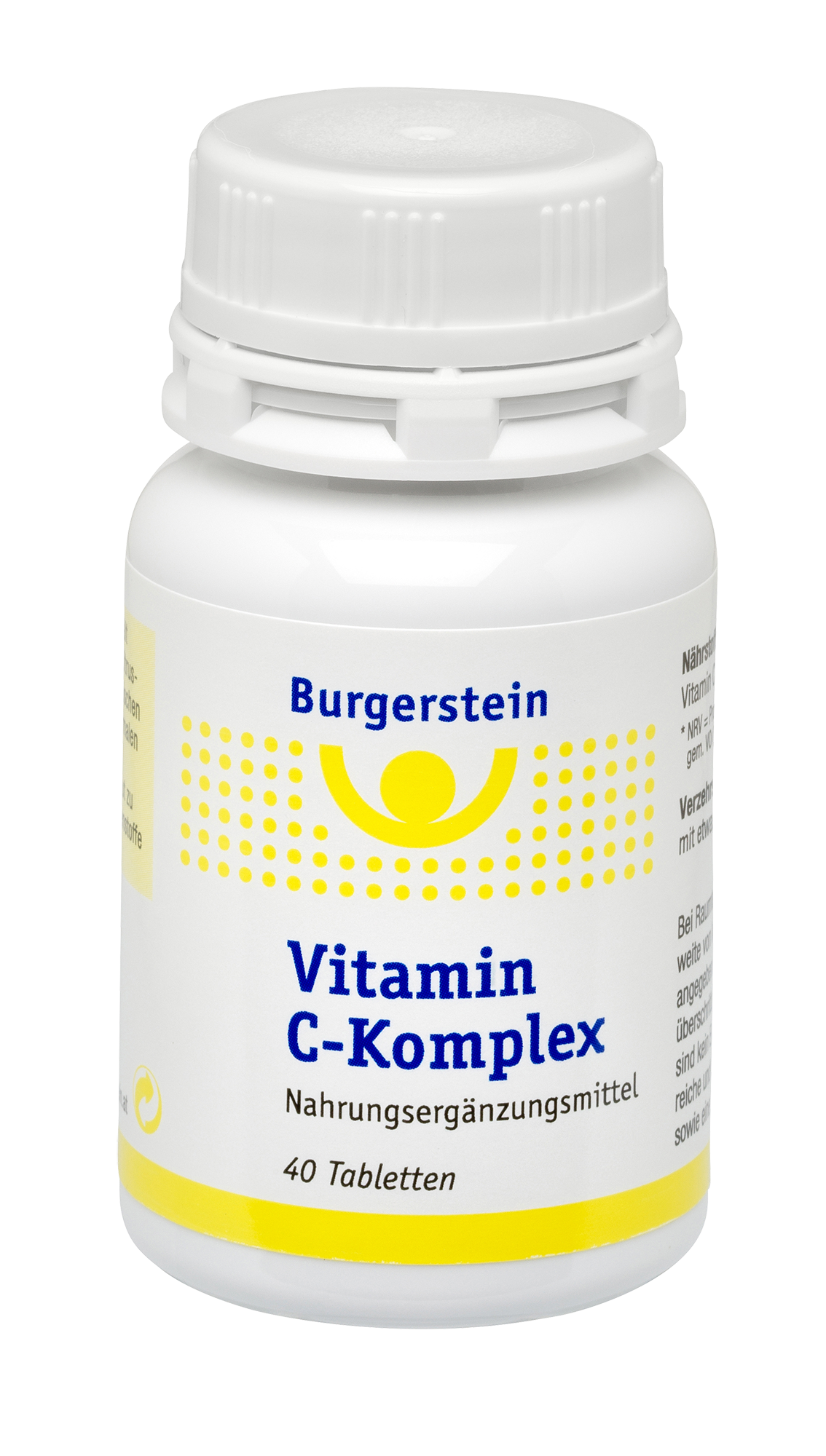
Vitamin C-Komplex
check product

